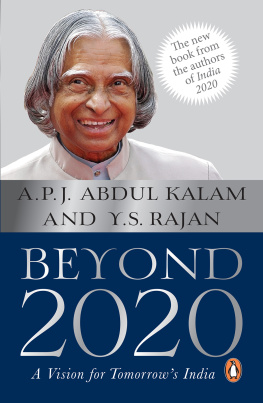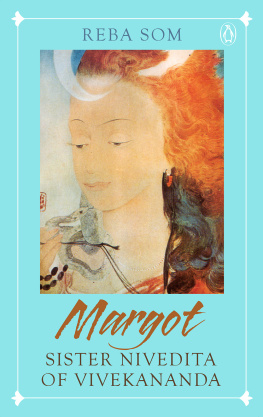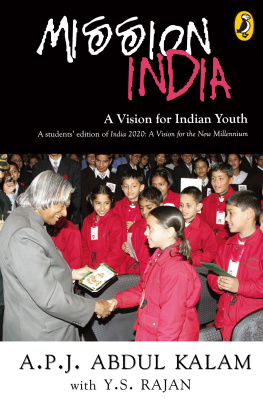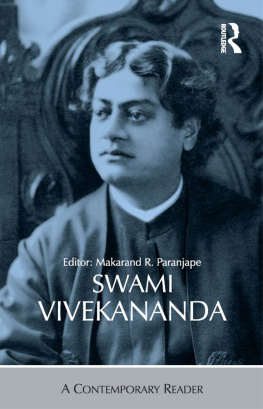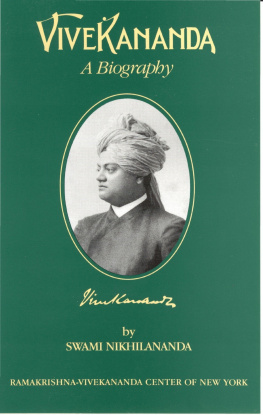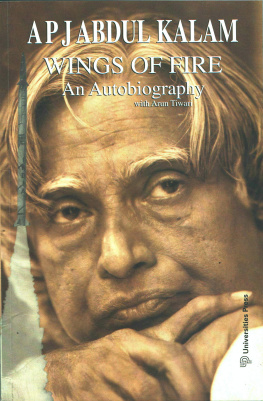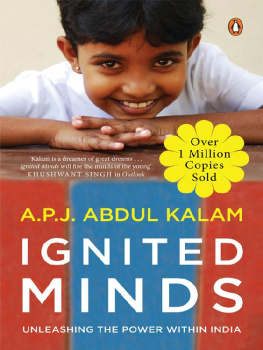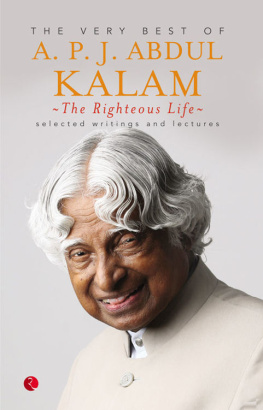Foreword
The idea of compiling what some of the celebrated thinkers and intellectual giants from the West think of ancient Indian wisdom and the time-tested teachings of our seers, is both timely and meaningful. For a milieu that can hardly fathom the depth of ancient philosophy and culture, and at a time when everything from the West seems to get accepted at face-value, this attempt to collate some gems from Western philosophers and modern scientists is not misplaced at all.
To my mind, this treatise should be a precious possession of both who are unfamiliar with the Indian value system and those who are affirmed by it. For it should enable Indians to look at themselves through Western eyes as a means to rekindle their own belief that Hinduism, as defined in our ancient scriptures, is not meant for circumscribing among Hindus alone but for disseminating among all of mankind. As for the unfamiliar, this publication should help immensely in getting a glimpse of the unquestionable values and paths of salvation laid down in the Vedas, the Upanishads, the Gita and what have you.
It is a universally acknowledged fact that the Vedas are the oldest-known documents in terms of religion, philosophy and literature. As we all are aware that the Vedas offer priceless teachings to human life for ever. The Vedas are invaluable documents of Indian sacred lore and learning which show the path of ultimate release from human bondage through righteousness, self-knowledge and surrender to the human soul. That the appeal of the Vedas cuts across all imaginable boundaries of country and age is an understatement; in essence, the ancient teachings truly belong to all of humanity. A great American thinker, Henry David Thoreau, aptly opinesIn the great teaching of the Vedas, there is no touch of sectarianism. It is of all ages, climes and nationalities and is the royal road to the attainment of the great knowledge. This has been wonderfully brought home once again in this booklet through the adulation regarding ancient wisdom by Western thinkers and philosophers.
Viewed against this backdrop, the effort of the researcher is highly commendable. I am absolutely certain that this anthology of Western thoughts on Indian existential wisdom will serve its own purpose of reinforcing our own belief and, at the same time, dispelling doubts, if any, in the psyche of non-Indians about the eternal values of life given to mankind by our seers.
Manas Chaudhuri
Former Education Minister
Government of Meghalaya
Shillong, 12 January 2009
Great Minds on India
QUOTES
German Nobel Laureate; considered one of the greatest scientists and philosophers of all time. His Theory of Relativity is one of the greatest achievements of modern times.
Albert Einstein
(18791955)
We owe a lot to the Indians who taught us how to count, without which no worthwhile scientific discovery could have been made.
source: Ignited Minds: Unleashing the Power Within India, A.P.J. Abdul Kalam
Celebrated American-born British poet, philosopher and critic of the twentieth century; received the Nobel Prize in Literature in 1948. His The Waste Land is considered to be one of the most important poems of the twentieth century.
T.S. Eliot
(18881965)
Indian philosophers subtleties make most of the great European philosophers look like schoolboys.
Two years spent in the study of Sanskrit under Charles Lanman, and a year in the mazes of Patanjalis metaphysics under the guidance of James Woods, left me in a state of enlightened mystification.
source: After Strange Gods, T.S. Eliot
Eliot learnt Sanskrit and studied the Vedas, the Upanishads, and the Bhagavad Gita
Long ago I studied the ancient Indian languages, and while I was chiefly interested at that time in philosophy, I read a little poetry too; and I know that my own poetry shows the influence of Indian thought and sensibility.


